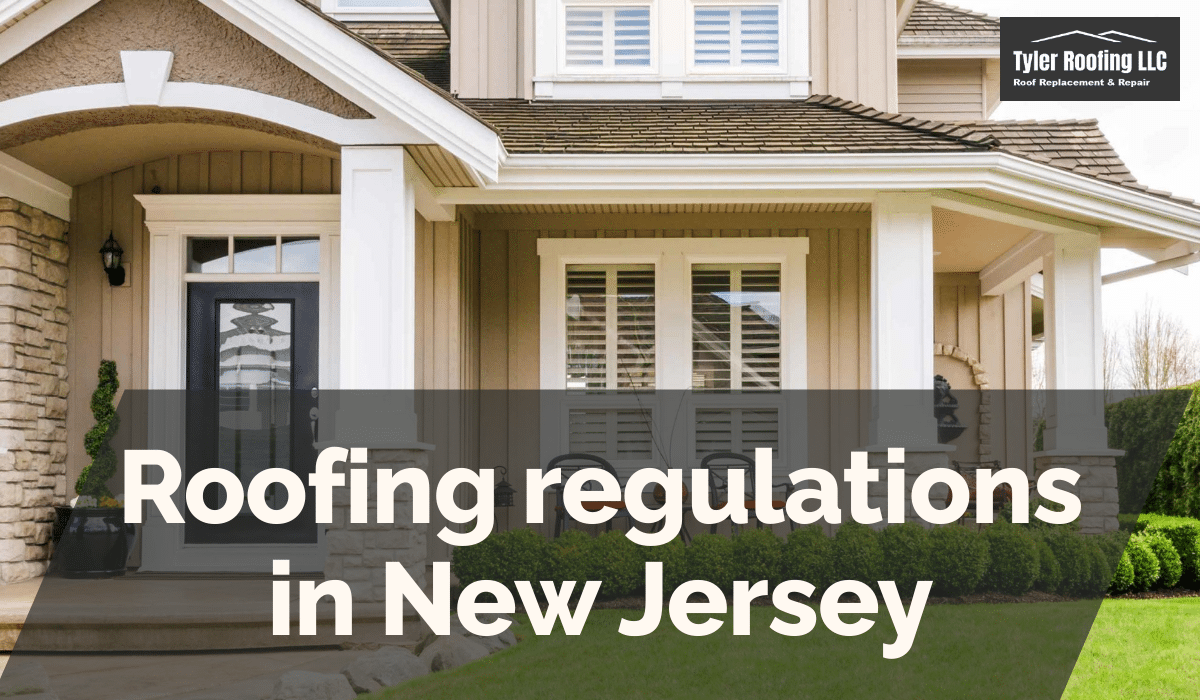If you’re planning to renovate or build a home in New Jersey, one of the critical things you’d have to consider is roofing. More than just aesthetically vital, your roof is your first line of defense against various weather conditions. However, putting up a roof is not just about purchasing materials and installing them. The State of New Jersey has set various roofing regulations that homeowners and contractors need to adhere to.
Permit Requirements
Under the New Jersey’s Construction Code Communicator, most roofing works require a construction permit. For instance, if you’re planning to change the building’s use or the roof design, a permit is necessary. However, some minor works like replacing roofing materials do not need a permit.
Application Process
You can apply for a permit from the local government office. You’ll need to provide detailed drawings of your proposed construction, full details of materials, and plans for any structural work. The local office will then use these to ensure your proposal is fit with the structure and fire safety standards.
Registration of Roofing Contractors
New Jersey law mandates all roofing contractors to be registered with the Department of Consumer Affairs. If you’re hiring a professional, ensure to vet their registration details to assure that you’re dealing with a legitimate professional.
Licensing Regulations
Only licensed roofing contractors can undertake major roofing works in New Jersey. License requirements include a criminal background check and passing a trade and business practices exam.
Roofing Material Regulations
There are specific restrictions on the type of materials that can be used for roofing. These regulations are in place to maintain safety standards and environmental friendliness. Individual towns may also have local ordinances restricting the use of certain roofing materials.
Prohibited Materials
Asbestos shingles, a common roofing material in the early 20th century, have been prohibited due to their health risks. Slate and tile roofs are also regulated due to their weight, requiring extra support and therefore potential alterations to the home structure.
Frequently Asked Questions (FAQs)
1. Can I do my own roofing in New Jersey?
Yes, homeowners can apply to do their own construction work. However, all work must still comply with the state building code and local regulations. Homeowners may also need to demonstrate their ability to perform the work safely and correctly.
2. Are there penalties for non-compliance with roofing regulations?
Yes, penalties can range from fines to court orders to remove unauthorized construction, and potential liability for any damage or injury resulting from non-compliant construction.
Conclusion
To maintain safety and quality standards, it’s vitally important that all roofing work complies with New Jersey regulations. Whether you’re a homeowner or a contractor, understanding and applying these regulations is key to a successful, and legal, roofing project.

